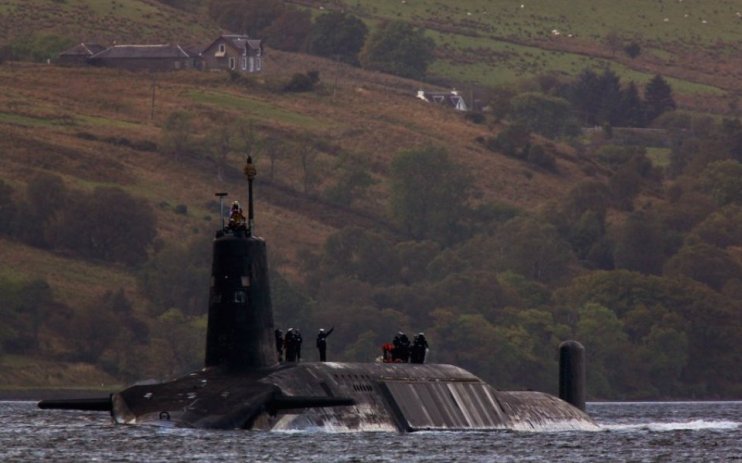Apocalypse Never: World’s leading powers announce pledge to avoid nuclear war

Five of the world’s most powerful nations have agreed a “nuclear war cannot be won and must never be fought”, and have reaffirmed their commitment to “the ultimate goal of a world without nuclear weapons.”
The rare pledge was signed by the China, France, Russia, US and the UK, the approved nuclear powers in the 1968 Nuclear Non-Proliferation Treaty (NPT) – known as the P5 – and the five permanent members of the UN Security Council.
In a joint statement from the five countries, they said the “avoidance of war between nuclear-weapon states and the reduction of strategic risks” are “foremost responsibilities.”
Nuclear weapons should only “serve defensive purposes” to “deter aggression and prevent war”, and that the “further spread of such weapons must be prevented.”
The wording of the announced pledge was reportedly agreed through talks at P5 meetings between the five nuclear powers despite ensuing geopolitical tensions between the countries.
Bilateral relations between former Cold War rivals Moscow and Washington remain frosty, amid growing concerns of military intervention in Ukraine.
Both parties are set to engage in a further round of talks later this month – with Russia pushing for reassurances that Nato will not expand eastwards and accept Ukraine or Georgia as a member, while the US wants commitments from the Kremlin that Ukraine will not be invaded.
US President Joe Biden stopped short of committing boots on the ground last month, but he has threatened severe economic sanctions if the build-up of hundreds of thousands of Russian troops on Ukraine’s border results in military conflict.
The White House’s relationship with China has also worsened in recent years, following tit-for-tat sanctions and trade wars during the Trump administrations, and now increased speculation that China will invade Taiwan.
China has additionally faced pushback from the UK after the country reneged on its commitments in the Sino-British Joint Declaration and handover of Hong Kong – following the implementation of new security laws and clampdowns on press freedom.
The UK has since invited hundreds of thousands of Hongkongers to take up residency in the UK, with nearly 90,000 British overseas nationals arriving in the country over the past year.
In recent months, the UK and France have also been at loggerheads over multiple issues including the AstraZeneca vaccine, the Northern Ireland Protocol, channel crossings, fishing rights, and the “Aukus deal” involving nuclear submarines.
Despite the agreed pledge, there is also little expectation that China will reduce its nuclear stockpiles, despite the US repeatedly urging China to join Russia in a new arms control treaty.
In November, The Pentagon upgraded its estimates for China’s projected nuclear weapons arsenal over the coming years, and now expects Beijing to have as many as 700 warheads by 2027 and possibly 1,000 by 2030.
Meanwhile, four other countries with nuclear weapons not recognised under NPT – Israel, India, Pakistan and North Korea – have also shown no signs of reducing their stockpiles.
The US has also been engaged in extensive talks with Iran following the collapse of its former nuclear deal with the country.
The latest NPT conference was set to begin on today at the United Nations, but it has been postponed until August due to the COVID-19 pandemic.